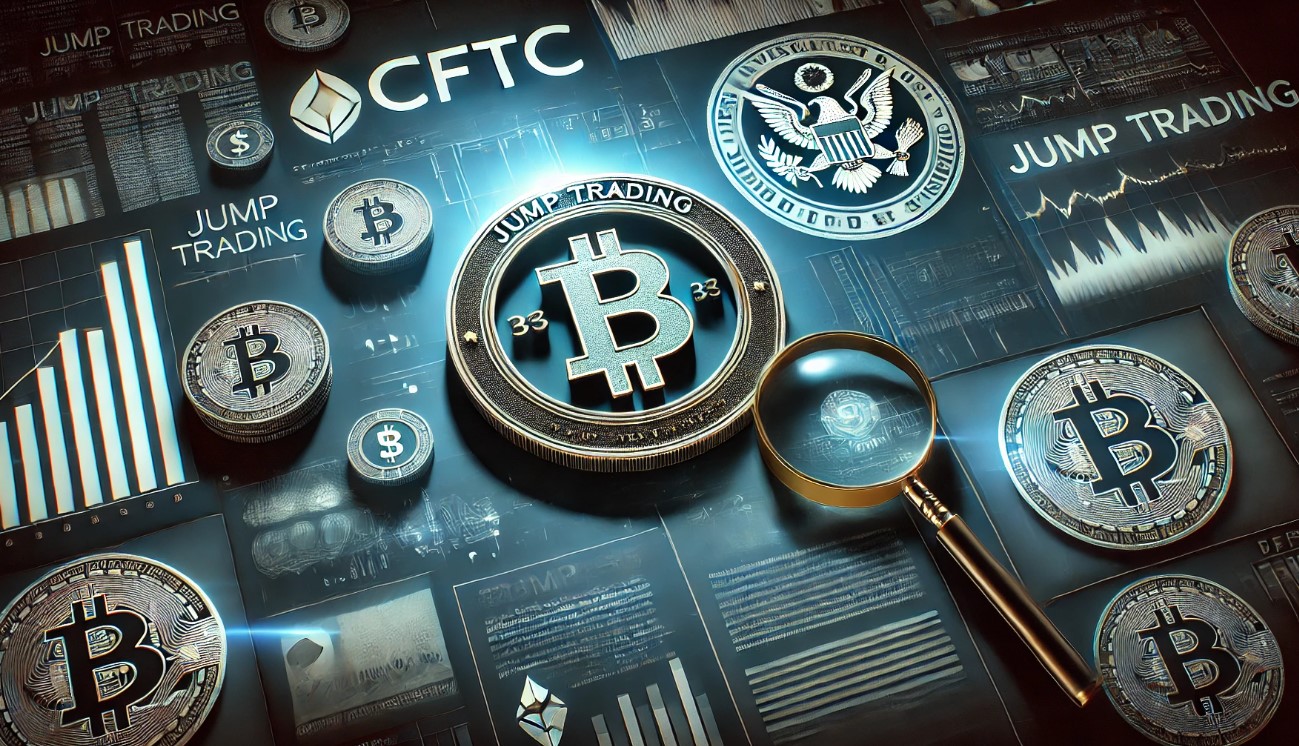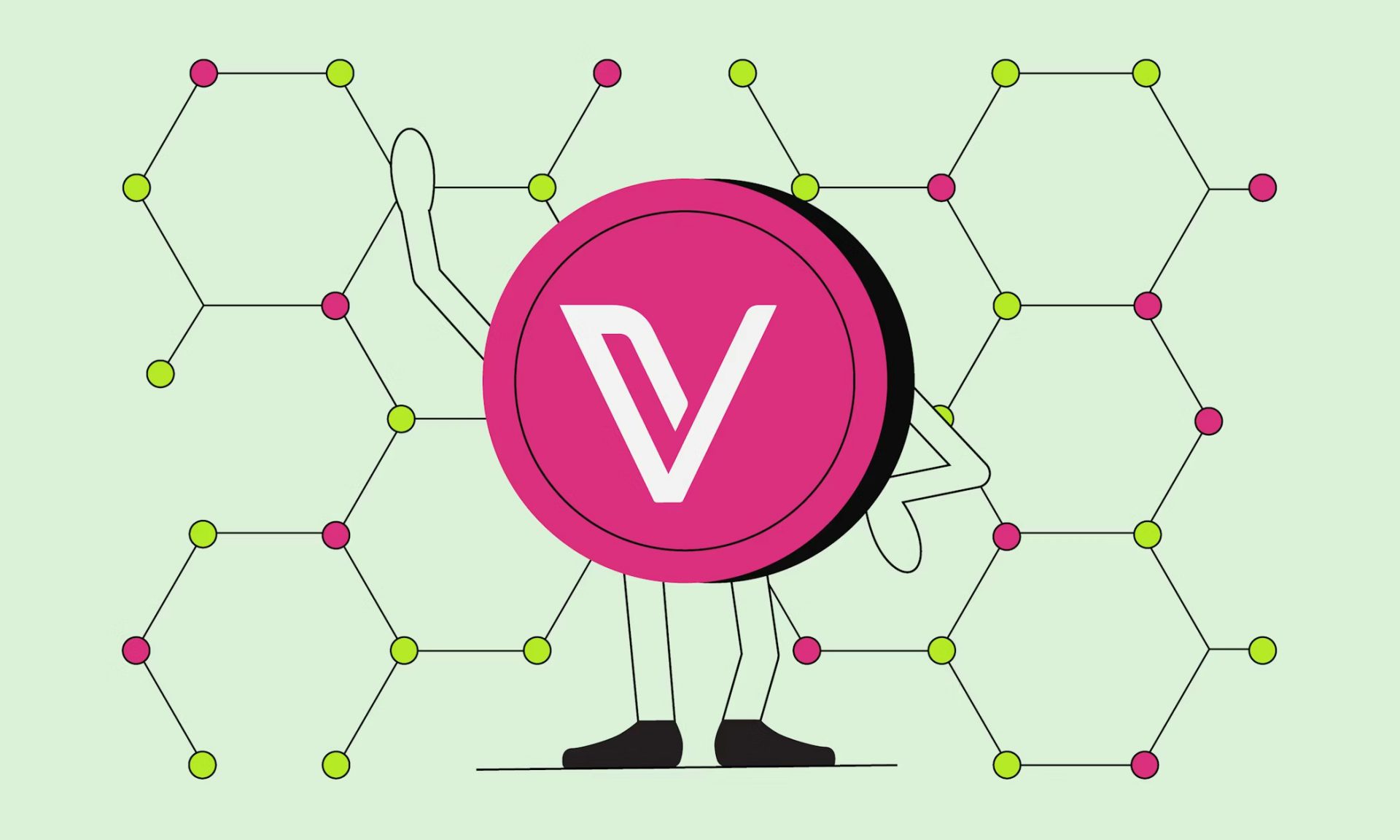MiCA Regulations stands for Markets in Crypto-Assets Regulation and creates a comprehensive regulatory framework for digital assets within the European Union, ensuring investor protection, market integrity, and financial stability while fostering innovation in the crypto-asset market. MiCA Regulation (MiCAR) encompasses all 30 member states of the European Economic Area (EEA), including Liechtenstein, where LCX is headquartered and has been supervised and regulated for over 4 years. It represents the first crypto law spanning many nations, creating a pan-European crypto market with a population exceeding 450 million.
Liechtenstein’s Blockchain Act and LCX‘s regulatory advantage
Liechtenstein is set to adopt the Markets in Crypto-Assets Regulation (MiCAR) with the law coming into force on February 1, 2025. This adoption marks a significant step in aligning Liechtenstein’s regulatory framework with the European Union’s efforts to harmonize crypto-asset regulations across member states.
Liechtenstein has become the leader and role model for regulation in the cryptocurrency industry. In a groundbreaking move, Liechtenstein’s Parliament unanimously passed the Token and Trusted Technology Service Provider Act (TVTG), also known as the “Blockchain Act,” on October 3, 2019 (Liechtenstein USA: Liechtenstein’s Parliament Approves Blockchain Act Unanimously; The Library of Congress: Liechtenstein: Parliament Adopts Blockchain Act). This legislation, which came into force on January 1, 2020, positions Liechtenstein as the first country to establish comprehensive regulation for the token economy, setting a global precedent for blockchain technology and cryptocurrency regulation.
LCX, a Liechtenstein-based fintech and blockchain company, was a key player in this new regulatory landscape. From its inception, LCX has been dedicated to operating under strict due diligence laws similar to those governing neo-banks and other fintech entities. This regulatory framework ensured that LCX was supervised rigorously, adhering to anti-money laundering (AML) and combating the financing of terrorism (CFT) regulations right from the start (Blockchain Laws Liechtenstein).
Following the parliamentary approval of the TVTG, LCX embarked on implementing its comprehensive “LCX Crypto Compliance Suite.” This suite was designed to meet all regulatory requirements, ensuring that LCX’s operations were fully compliant with the new blockchain laws. The suite included advanced KYC (Know Your Customer) procedures, transaction monitoring, and secure asset custody solutions.
On January 1, 2020, the TVTG officially came into effect, marking the beginning of a new era for blockchain companies in Liechtenstein. Shortly thereafter, LCX received its official registration as a Trusted Technology (TT) service provider, further cementing its position in the regulated crypto industry. The process of obtaining and maintaining these registrations involves rigorous scrutiny by the Financial Market Authority (FMA) of Liechtenstein. LCX had to prove its professional competence, organizational structure, internal control mechanisms, and adherence to AML and CFT requirements.
Maintaining these registrations is a complex and ongoing process. TT service providers like LCX must continually demonstrate compliance with the regulatory framework, including regular audits, transparent reporting, and adherence to strict operational standards. This ensures that they remain trustworthy and capable of acting in the best interest of their clients and the broader financial system.
Liechtenstein Adopts MiCAR for February 2025 Launch
Liechtenstein is set to adopt the Markets in Crypto-Assets Regulation (MiCAR) with the law coming into force on February 1, 2025. This adoption marks a significant step in aligning Liechtenstein’s regulatory framework with the European Union’s efforts to harmonize crypto-asset regulations across member states.
MiCAR License Approval
MiCAR, aimed at creating a uniform legal framework for crypto-assets, was adopted by the European Parliament on April 20, 2023, following extensive deliberations and compromises (MiCAR now finally approved). Liechtenstein, through its EEA MiCAR Implementation Act, plans to fully integrate MiCAR into its national legislation, scheduled for February 1, 2025 (FMA – MiCAR). This move ensures that Liechtenstein remains at the forefront of fintech innovation and regulatory compliance.
Regulatory Transition and Implementation
The Liechtenstein Financial Market Authority (FMA) has outlined a comprehensive roadmap for entities transitioning to MiCAR compliance. Initial informal discussions began in June 2024 to guide companies through the upcoming changes. These preliminary meetings are designed to provide clarity on the timing and requirements of the new regulations.
Starting October 2024, the FMA will accept preliminary applications from firms seeking to comply with MiCAR. This preparatory phase is crucial for companies like LCX, a leading blockchain company in Liechtenstein, to ensure their applications meet the high standards expected under the new regulatory framework (FMA MiCAR Roadmap).
LCX’s Compliance Strategy
LCX has been proactive in aligning its operations with both the TVTG (Liechtenstein’s Blockchain Act) and the forthcoming MiCAR regulations. The company has established robust compliance measures, including its “LCX Crypto Compliance Suite,” which addresses KYC (Know Your Customer) protocols, transaction monitoring, and secure asset custody solutions.
The Financial Market Authority (FMA) of Liechtenstein has published a detailed roadmap for the implementation of MiCAR and invited LCX to take the necessary preparatory steps to ensure compliance by the February 2025 deadline.
LCX’s Roadmap under MiCAR includes:
- June 2024: Engaging in informal discussions with the FMA to understand the new regulatory landscape.
- October 2024: Submitting preliminary applications to the FMA to ensure all compliance requirements are met ahead of the February 2025 deadline.
- February 2025: Achieving full compliance with MiCAR as the EEA MiCAR Implementation Act comes into force.
The FMA’s guidance during this transition period will be instrumental in helping LCX and other crypto-asset service providers navigate the complexities of the new regulatory environment, ensuring a smooth transition and continued compliance Liechtenstein’s Regulatory Framework in preparation for MiCAR: Embracing FinTech Innovation – Liechtenstein’s Regulatory Framework.
LCX‘s Advantage to Become Europe‘s Leading Cryptocurrency Exchange
LCX stands out in the competitive crypto landscape due to its robust regulatory foundation and comprehensive compliance framework. Since its inception in 2018, LCX has operated under stringent supervision, adhering to due diligence laws akin to those governing traditional financial institutions. This early commitment to regulatory excellence was further solidified when LCX secured its TVTG registrations in 2020, making it one of the first blockchain companies to comply fully with Liechtenstein’s pioneering Blockchain Act. Now, as MiCAR (Markets in Crypto-Assets Regulation) approaches, LCX is uniquely positioned, having already integrated extensive compliance measures that align with the upcoming regulations. This regulatory readiness not only underscores LCX’s commitment to security and transparency but also provides a significant competitive edge, assuring clients and partners of its unwavering adherence to the highest standards of governance.
LCX has positioned itself as a leader in the blockchain space, providing secure and compliant services while fostering innovation in the token economy. LCX’s proactive approach to regulatory compliance has not only enhanced its reputation but also contributed to the overall credibility and stability of the blockchain industry in Liechtenstein and beyond. By positioning itself at the forefront of regulatory adherence, LCX is strategically placed to become Europe’s leading cryptocurrency exchange, leveraging its compliance-driven framework to attract a global clientele. This strategic advantage underscores LCX’s commitment to setting industry standards and driving forward the future of digital finance.
Credit: Source link















































